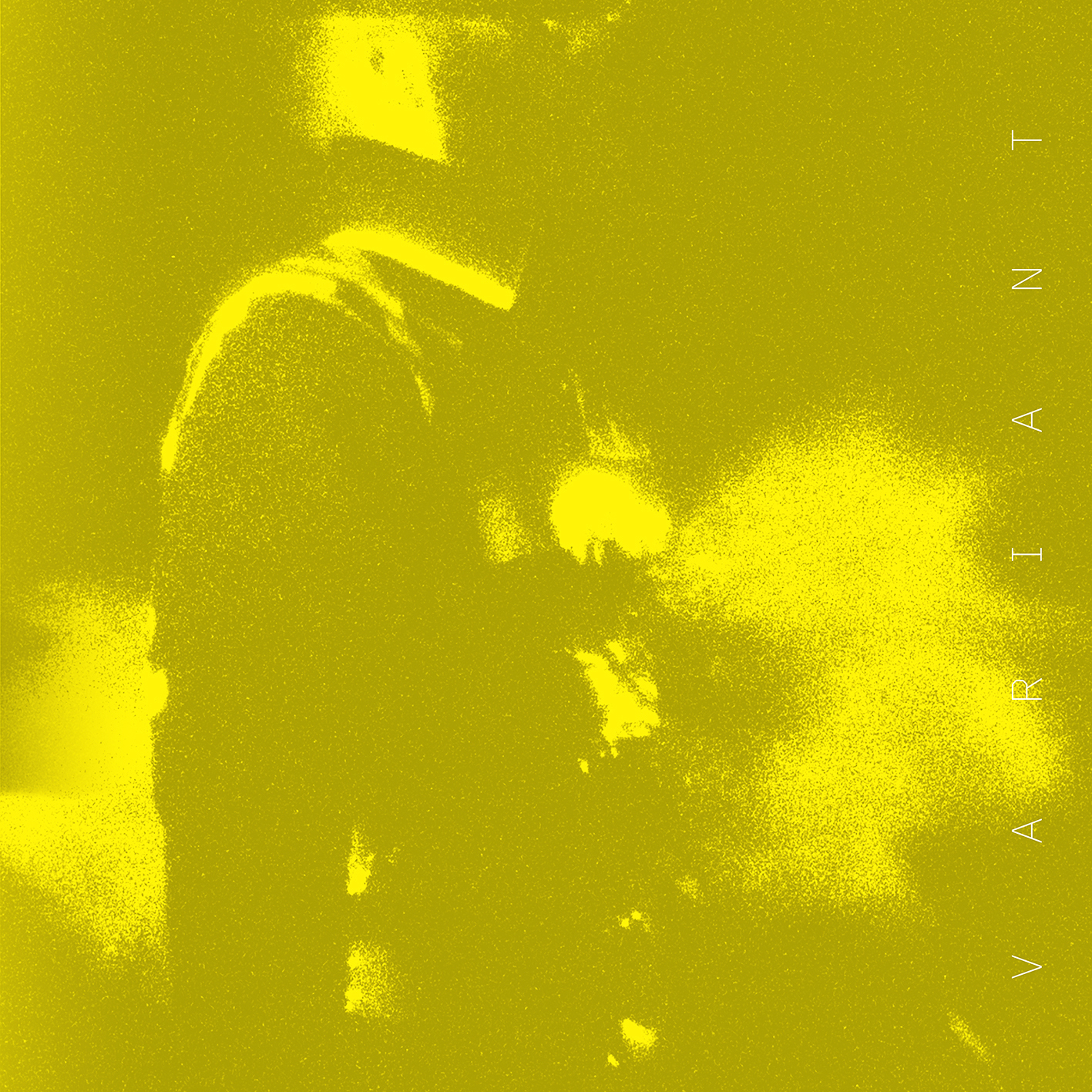 Ben Frost – V A R I A N T
Ben Frost – V A R I A N T





Australian noisenik Ben Frost isn’t the most obvious recipient for a remix EP. Frost’s brand of brutalizing noise isn’t allergic to snatches of melody, especially on this year’s full-bodied A U R O R A, but the album is more concerned with cumulative world-building than stand-alone suites. Frost’s musical building blocks similarly seem challenging for remixing with monochromatic, grayscale synth patterns and nightmarish strings.
On V A R I A N T, all five remixers acquit themselves well, merging their own strands of trap, R&B, ambient techno, and the unclassifiable jungle/ambient hybrid of Dutch E Germ, but, as is the problem with most remix EPs, V A R I A N T never examines why it should exist in the first place.
The EP rarely feels cohesive even if the sequencing makes a nice valley of tempos; recognized as separate entities from A U R O R A‘s incarnations, these remixes still stand in the shadow of the originals.
This is often a problem that exists with remixes, which almost exclusively—outside of rap—work better when they re-shape the context of the original song or dramatically change the architecture of the song (Four Tet, for example, has consistently been one of my favorite remixers because he brings the song into his world rather than the other way around). V A R I A N T unites a diverse, talented collection of artists who have built their own formidable discographies, but all either try to replicate, or worse, fail to understand what makes Frost such a unique artist—the relentless combination of tension and (delayed) release.
Beginning with a triptych of “Venter” remixes, all three demonstrate the versatility of Frost’s beaten-to-a-pulp percussion and nuclear winter atmospherics, but all three fail to either recreate the coiled violence of the original or more importantly, express their own mood. Instead, they all feel like bloodless re-imaginings of Frost’s “Venter”.
On A U R O R A, “Venter” felt like a sneak attack. Coming after the suffocating distortion of “Diphenyl Oxalate,” the track disguises itself as a respite before becoming a heaving colossus of church bells, John Carpenter-style squelches, and a cyclone of a climax that feels more apt for Godspeed You! Black Emperor than ambient noise music.
The three remixes here ignore the original’s creeping build, but attempt to retain the oppressive mood.
English wunderkind Evian Crist slows the track to a crawl, emphasizing the punch of the snare/clap/siren combo to make a trap remix. Without the destabilizing whirr of the original though, Crist’s remix is all thunder and no fury.
Dutch E Germ is more adventurous, but not enough to give the song its own character, isolating the gently drifting drone before dismantling and reassembling the pieces into what literally sounds like a combination of a typewriter’s punched keys and Mount Vesuvius’ eruption. Its machine gun burst drum fills and ugly/beautiful piano tones with the original’s oppressive haze are thrillingly disorienting at first, but on repeat listens, it feels more and more like an unwieldy Frankenstein than anything else.
HTRK, who released the beguiling Psychic 9-5 Club earlier this year, brings the biggest stylistic curveball to the track, staggering the central melody into mournful slow-motion R&B and modulating the drum beat to the point it sounds like an arhythmic heart beat, always lapping at the synth melody, which is pitched further back. It feels markedly different than the rest of the EP, but its metronomic spell lasts a little bit too long to fully hold.
The solo remix of “No Sorrowing” may be the strongest remix on the album. Frost’s original “No Sorrow” was an aural steam bath, luxuriating in synths and languorous strings. Despite his similar penchant for gelatinous gloom, Kangding Ray avoids the obvious choice and makes it an absolute banger, placing the drums in a zero-g space and grafting an insistent techno thump. Ray twists the original’s clacking distortion into its own percussive melody; it’s ferociously intense and almost danceable without losing the bombed-out zen of the original.
Unfortunately, after that peak, the final remix, the Regis Self Medicating Edit, is entirely forgettable. Neutering the African-inspired percussion and swallowing drone combination that made the original “Nolan” feel so alienating and impressive, the track grinds along in a perfunctory fashion with cushioned bass and industrial loops to a pretty, but uninspiring end.
What is the purpose of a remix? Is it supposed to remind the listener of the virtues of the original artist, or cast the music into an entirely different context? The answer seems to be both, but remixes can’t exist in a vacuum, they always come with the knowledge that they’re built from something else. V A R I A N T’s greatest accomplishment is that it reaffirms Frost’s mastery of his own material, but that doesn’t prove the album should exist. These remixers are barely able to get out from under Frost’s melodic thumb, let alone create their own sound.
Ben Frost – Variant tracklist:
- “Venter – Evian Christ TF 12′ Mix”
- “Venter – Dutch E Germ Remix”
- “Venter – HTRK Remix”
- “No Sorrowing – Kangding Ray Remix”
- “Nolan – Regis Self Medicating Edit”











